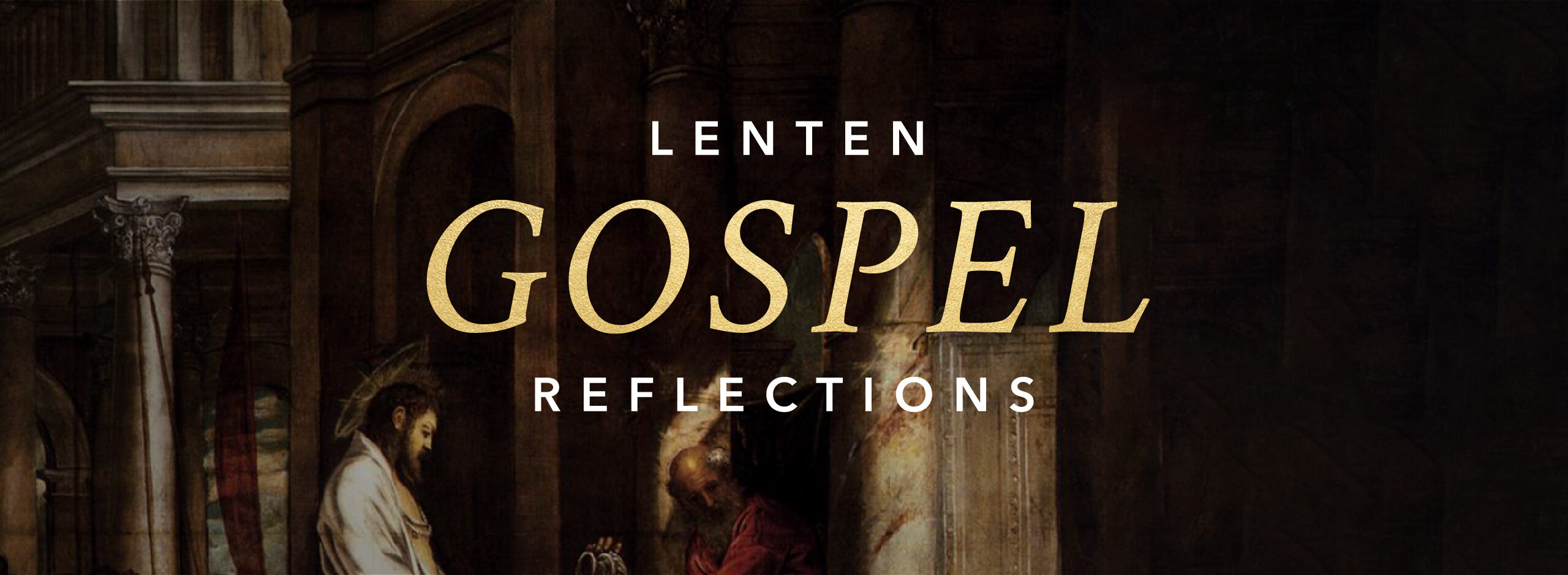Friends, today’s Gospel compares the self-centered prayer of the Pharisee with the God-centered prayer of the tax collector.
The Pharisee spoke his prayer to himself. This is, Jesus suggests, a fraudulent, wholly inadequate prayer, precisely because it simply confirms the man in his self-regard. And the god to which he prays is, necessarily, a false god, an idol, since it allows itself to be positioned by the ego-driven needs of the Pharisee.
But then Jesus invites us to meditate upon the publican’s prayer. He speaks with a simple eloquence: “[He] beat his breast and prayed, ‘O God, be merciful to me a sinner.’” Though it is articulate speech, it is not language that confirms the independence and power of the speaker—just the contrary. It is more of a cry or a groan, an acknowledgement that he needs to receive something, this mysterious mercy for which he begs.
In the first prayer, “god” is the principal member of the audience arrayed before the ego of the Pharisee. But in this second prayer, God is the principal actor, and the publican is the audience awaiting a performance the contours of which he cannot fully foresee.
